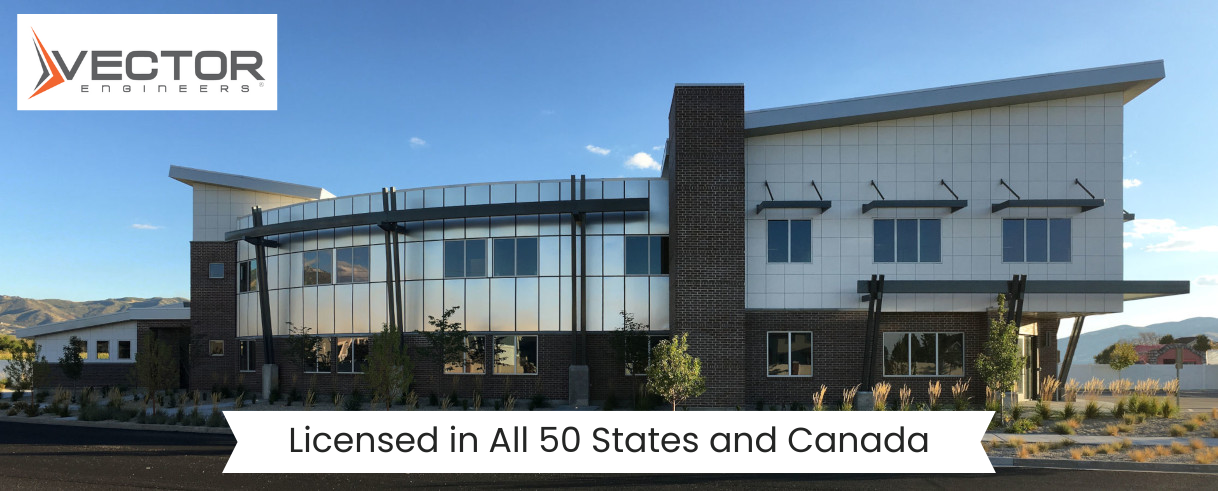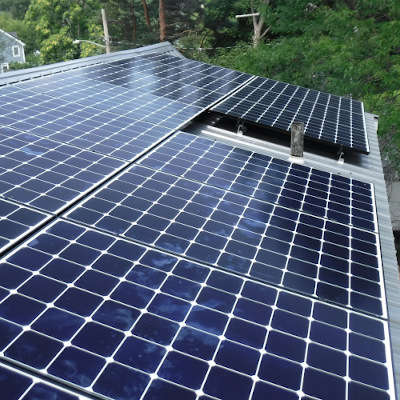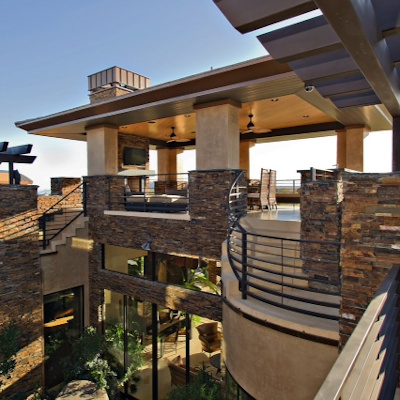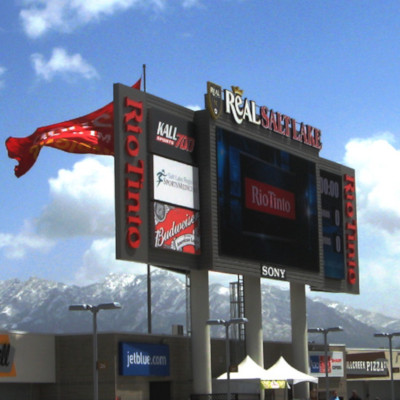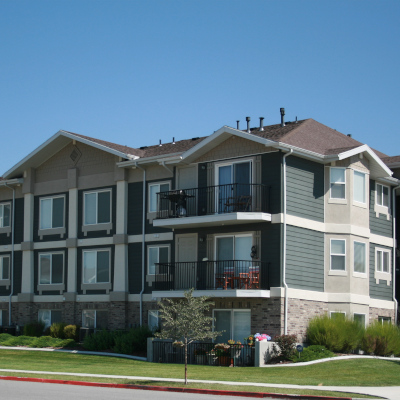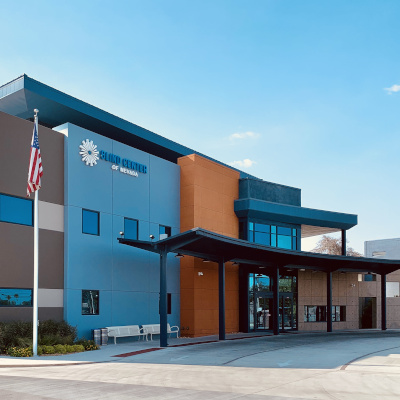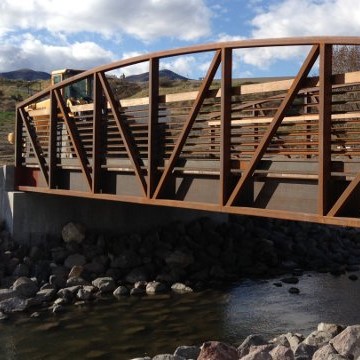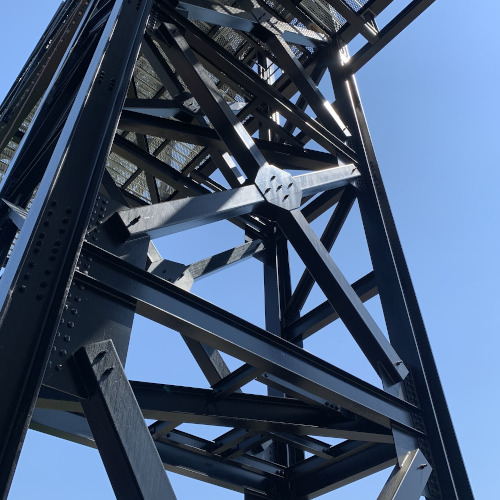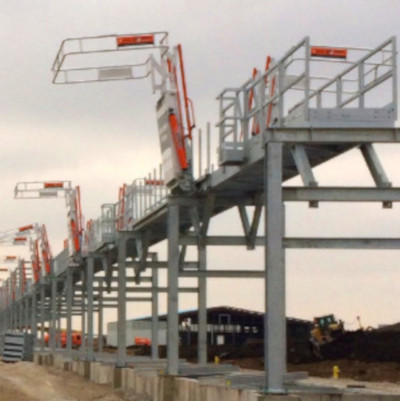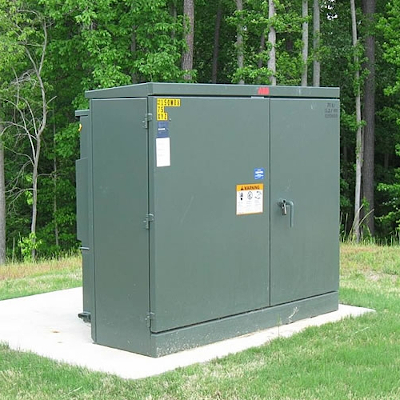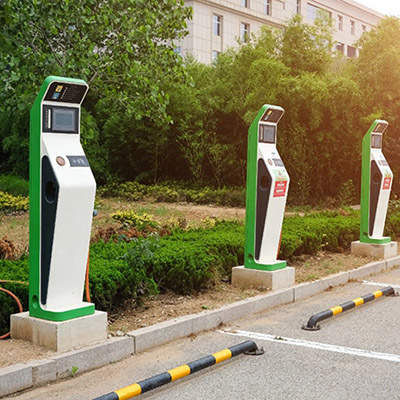Dallas Structural Steel Connections
Structural steel connections play a crucial role in the construction industry. They not only connect various components together, but also provide stability and strength to structures. In the vibrant city of Dallas, where architectural marvels grace the skyline, understanding structural steel connections is of utmost importance. This article delves into the definition, types, and importance of structural steel connections, their role in Dallas architecture, the significance of adhering to local building codes and regulations, the latest innovations in steel connections, and tips for choosing the right connections for your Dallas project.
Understanding Structural Steel Connections
Structural steel connections can be defined as the joints or points where individual steel members are connected to form a larger structure. These connections are designed to transfer loads and forces between different structural elements, ensuring overall stability. The importance of proper steel connections cannot be overstated, as they directly impact the strength, safety, and durability of any structure.
When it comes to constructing buildings and other structures, structural steel connections play a crucial role. They not only provide the necessary support and stability but also contribute to the overall aesthetic appeal of the structure. By carefully selecting the appropriate connection type, engineers and architects can ensure that the structure can withstand the various forces it will encounter throughout its lifespan.
Definition and Importance of Structural Steel Connections
Structural steel connections can take various forms, including bolts, welds, or a combination of both. Each connection type has its advantages and considerations, depending on factors such as load-bearing requirements, aesthetics, and ease of installation. The importance of structural steel connections lies in their ability to withstand the forces exerted on a structure, including gravity loads, lateral loads, and environmental factors such as wind and earthquakes.
For instance, bolted connections are commonly used in situations where disassembly or modification may be required in the future. They offer the advantage of easy installation and removal, making them ideal for projects that may undergo changes or expansions. On the other hand, welded connections provide a more permanent and rigid connection, ensuring maximum strength and stability. However, they require skilled labor and careful planning to ensure proper execution.
Types of Structural Steel Connections
There are several types of structural steel connections commonly used in construction projects. These include moment connections, shear connections, tension connections, and composite connections. Moment connections provide resistance to rotational forces, whereas shear connections transfer shear forces between members. Tension connections, as the name suggests, are used to transfer tensile forces, and composite connections combine steel and concrete elements to enhance structural performance.
Moment connections are particularly important in structures that experience significant bending or twisting forces. By allowing rotation at the joint, these connections can effectively distribute the load and prevent concentrated stress points. Shear connections, on the other hand, are essential for transferring horizontal forces between structural members. They ensure that the structure remains stable and can withstand lateral loads, such as those caused by wind or earthquakes.
Tension connections are commonly used in structures that experience pulling or stretching forces. These connections are designed to effectively transfer the tensile load from one member to another, ensuring the overall integrity of the structure. Composite connections, which combine steel and concrete elements, offer enhanced strength and durability. By utilizing the compressive strength of concrete and the tensile strength of steel, these connections provide a robust solution for structures that require high load-bearing capacity.
Overall, understanding the different types of structural steel connections is crucial for engineers, architects, and construction professionals. By carefully selecting and designing the appropriate connection type for a given project, they can ensure the structural integrity, safety, and longevity of the structure.
The Role of Structural Steel Connections in Dallas Architecture
Structural steel connections have a significant impact on the architectural landscape of Dallas. As a dynamic and thriving city known for its iconic skyline, Dallas relies on steel connections to create visually striking structures that stand the test of time.
Influence on Dallas Skyline
Steel connections enable architects and engineers to design and construct towering skyscrapers, unique bridges, and complex structures that define the Dallas skyline. The flexibility of steel allows for innovative and ambitious architectural designs that showcase the city’s progress and ambition.
Impact on Building Safety and Stability
With the extreme weather conditions experienced in Dallas, building safety and stability are paramount. Structural steel connections provide the necessary strength and resilience to withstand high winds, storms, and potential seismic activity. They contribute to the structural integrity of buildings, ensuring the safety of occupants and reducing the risk of structural failure.
Dallas Building Codes and Regulations for Steel Connections
Adhering to building codes and regulations is vital in any construction project, and Dallas is no exception. The city has specific requirements and standards related to the use of structural steel connections.
Compliance with Local Building Codes
Before beginning any construction involving structural steel connections in Dallas, it is essential to familiarize yourself with the local building codes and regulations. These codes outline specific guidelines related to design, fabrication, and installation of steel connections, ensuring that construction meets safety standards and withstands the unique challenges faced in the region.
Safety Regulations for Structural Steel Connections
Alongside building codes, safety regulations play a crucial role in ensuring the proper installation and maintenance of structural steel connections. Mandatory inspections are carried out to verify compliance with safety standards throughout the construction process. Such regulations are in place to minimize the risk of accidents and ensure the long-term stability of structures.
Innovations in Structural Steel Connections in Dallas
The construction industry is continuously evolving, and Dallas is at the forefront of technological advancements and sustainable practices related to structural steel connections.
Technological Advancements
Advancements in technology have revolutionized the design and fabrication of structural steel connections. Computer-aided design (CAD) and building information modeling (BIM) software allow for precise and efficient planning, resulting in faster construction and increased accuracy. Additionally, the use of robotics and automation in fabrication processes has improved the quality and consistency of steel connections.
Sustainable Practices in Steel Connections
Dallas is committed to sustainable development and eco-friendly construction practices. Structural steel connections contribute to this commitment by enabling the use of recycled materials and reducing waste. Additionally, the long lifespan and recyclability of steel make it a sustainable choice for construction projects in Dallas and contribute to the city’s overall sustainability goals.
Choosing the Right Structural Steel Connections for Your Dallas Project
When embarking on a construction project in Dallas, choosing the appropriate structural steel connections is crucial for the success and longevity of the structure.
Factors to Consider
Several factors should be considered when selecting the right steel connections for your project. These include load-bearing requirements, environmental conditions, aesthetics, and budgetary considerations. Consulting with a professional steel connection specialist can help navigate these factors and ensure an optimal choice.
Working with a Professional Steel Connection Specialist
Collaborating with a steel connection specialist is highly recommended when dealing with the complexities of structural steel connections. These experts possess extensive knowledge and experience in designing, fabricating, and installing steel connections. They can provide valuable insights and guidance throughout the construction process, ensuring the highest level of quality and safety.
As Dallas continues to grow and develop, structural steel connections will remain a vital component of its architectural landscape. Understanding the importance of these connections, adhering to building codes and regulations, embracing technological advancements, and making informed decisions in selecting the right steel connections are key to successful and sustainable construction projects in the city.
What our customers have to say
“DBM Solar Design & Consulting has been working with Vector now for 5 years. We have not worked with any other engineering firm outside of Vector and there is a reason for that. All the engineers that I have worked with have all been most accommodating in every aspect of our solar engineering projects.”
“I have had the pleasure of working with the Engineers at Vector for over 10 years. Over that time they have continually proven themselves in their quality of work, dedication to their craft, and in meeting tight deadlines. They have gone out of their way to learn and understand our designs to ensure their results are as accurate and reasonable as possible. I would highly recommend them to anyone.”
“Over the course of my ten years in the industry, I’ve used probably 30 different PE firms, and Vector has just out-performed them in every way. Speed. Quality. Price. We operate in 900 cities and towns in seven states, and all the jurisdictions appreciate their verbiage, layout and calculations. We never have issues with anybody questioning their work.”
“We have had a very smooth transition from our previous engineering firm to your company. Since we made the move, the turnaround times have been very quick and consistent, and we haven’t had to stress over our structural stamps — which has been a great relief. Many thanks to you and the rest of your team.“
“I have had the pleasure of working with the Engineers at Vector for over 10 years. Over that time they have continually proven themselves in their quality of work, dedication to their craft, and in meeting tight deadlines. They have gone out of their way to learn and understand our designs to ensure their results are as accurate and reasonable as possible. I would highly recommend them to anyone.”
“We have had a very smooth transition from our previous engineering firm to your company. Since we made the move, the turnaround times have been very quick and consistent, and we haven’t had to stress over our structural stamps — which has been a great relief. Many thanks to you and the rest of your team.“
“DBM Solar Design & Consulting has been working with Vector now for 5 years. We have not worked with any other engineering firm outside of Vector and there is a reason for that. All the engineers that I have worked with have all been most accommodating in every aspect of our solar engineering projects.”
“Over the course of my ten years in the industry, I’ve used probably 30 different PE firms, and Vector has just out-performed them in every way. Speed. Quality. Price. We operate in 900 cities and towns in seven states, and all the jurisdictions appreciate their verbiage, layout and calculations. We never have issues with anybody questioning their work.”

Providing Structural & Electrical Engineering services in all 50 states plus Washington D.C., Puerto Rico and Canada.


